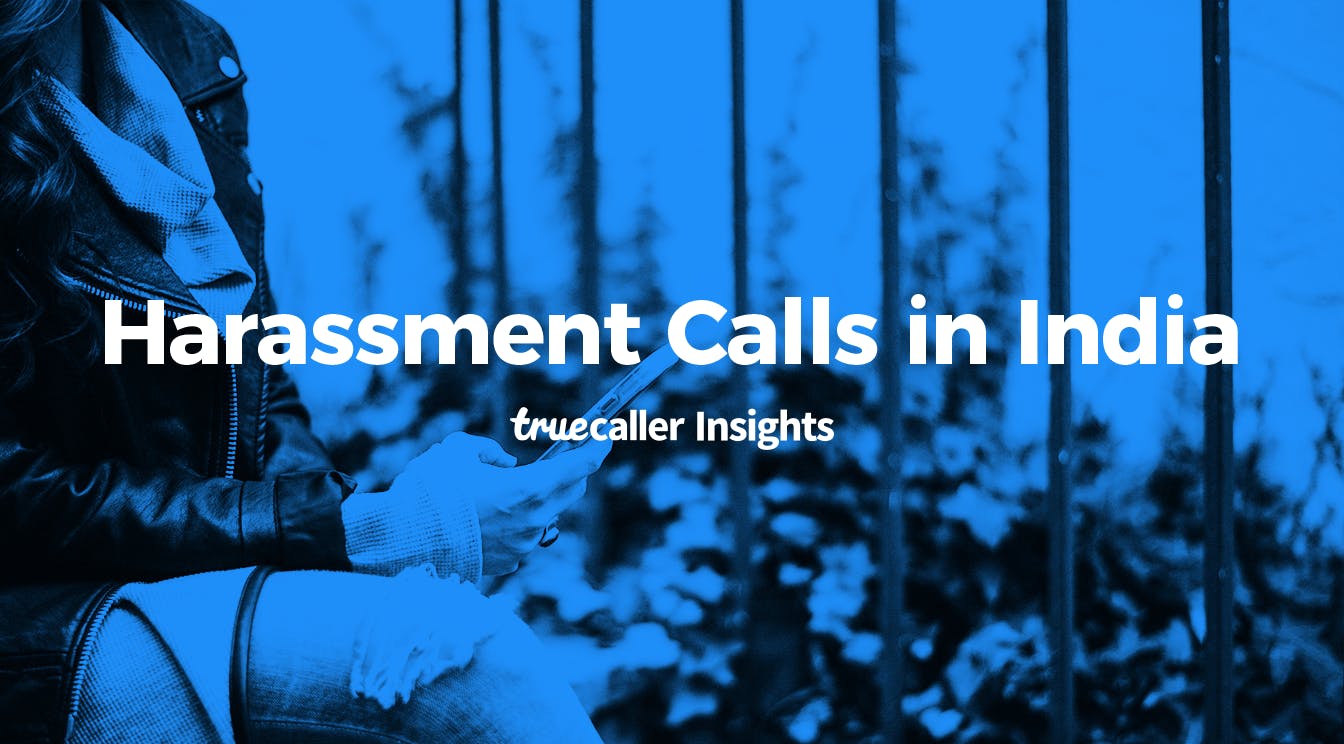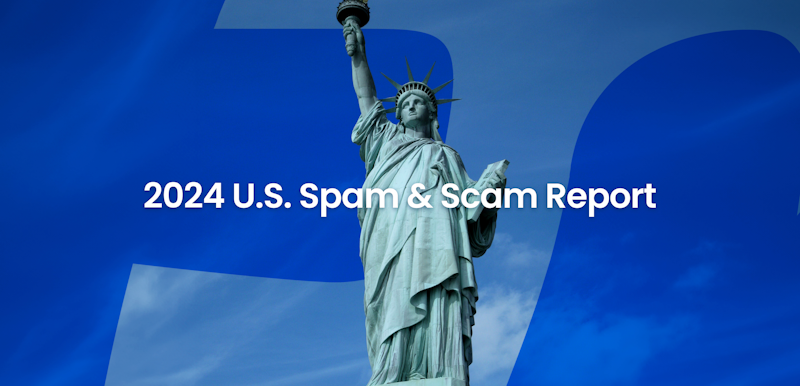
Truecaller Insights Reveals: 1 out of 3 Women in India Receives Sexual & Offensive Calls or SMS’
Kim Fai Kok
Mar 7, 20184 min read
impact of harassment & spam calls on women in India
With International Women’s Day being celebrated on March 8, Truecaller looked into the state of harassment calls made to women, what steps they can take to prevent them, and how big the problem is.
Sexual Harassment: Where does it stop?
It comes as an ugly truth that 1 out of 3 (36%) women in India is receiving sexual and inappropriate calls or SMS’. Of those, 78% of women claimed to receive harassment calls with inappropriate and sexual content at least once a week, and 82% claimed to receive unsolicited videos and pictures with inappropriate and sexual content at least once a week.
On average, 50% of these calls and texts were anonymous, 11% were made by stalkers, and 3% were from a person known to them.
In particular, 90% of respondents in Jaipur reported receiving calls and texts with offensive and sexual imagery or videos on a weekly basis, making it the highest in India.
The Fine Line between Nuisance and Harassment
While most women viewed cold calls from telemarketers, salespeople, and fraudsters as a ‘nuisance’, 81% of women surveyed that blank calls were ‘harassment’. Blank calls in the survey were defined as anonymous phone calls made with the intention to threaten, harass or offend a caller, without a sales- or phishing-related objective. In fact, blank calls were the one type of spam call overwhelmingly felt to be harassment as opposed to a nuisance.
Payments and Phishing: The Double-Edged Sword
As per Truecaller’s Insights 2017 report, India is plagued by the highest number of spam calls in the world, with the average Truecaller user receiving 22.6 spam calls per month. With India’s ever-expanding payments landscape, phishing calls collecting payment information have become rampant. At least once a week, 72% of the women surveyed received calls from fraudsters seeking to collect payments or sensitive personal data, with 4% receiving counterfeit calls almost daily.
Calling It Out
Close to two-thirds (65%) of women reported feeling angry or irritated by harassment calls, while almost one-fourth (22%) felt troubled, worried or offended.In the report, we also found out that close to two-thirds (62%) of the women have taken measures against these calls, which is very encouraging.The most common (65%) way observed to tackle this problem was to block the harasser’s number, install a call blocking app (48%) or search for the number online (41%.) Only 10% of all women filed a complaint with the police (10%) or named-and-shamed the spammer on social media (7%).
We also looked at our own user data and saw that, overall, women in India report 18% more unwanted calls than men do, which is not surprising at all considering the volume of gender-based harassment calls they receive.
What now?
This Truecaller Insights report has been the most comprehensive and resource-heavy we have produced so far. During the process, we have learned a great deal about different spam and harassment behavior towards women in India. When we started looking into this last year, we knew that harassment calls towards women in India were a big issue.
Having said this, we feel very proud to have been able to produce this report to showcase how serious the matter is, and actually have data to demonstrate how endemic it is. We believe we are just scratching the surface of it.
Our aim with this research is to highlight and educate people, and we want this topic to spark further discussions. Although more than 90% of the women surveyed had used Truecaller to identify and/or block unwanted calls, we believe there’s more to be done to prevent this type of harassment and make women feel safer.
As we continue to develop and improve Truecaller, these insights will help us focus our attention on providing a service that keeps our users safe and secure from the growing threat of harassment.
Research Methodology:
This research was conducted by Truecaller in collaboration with an independent market research agency/firm, Ipsos Research in India. More details about them can be found here. Ipsos used the mobile-based approach of data collection. The survey was conducted from January 20 – February 22, 2018 among 2,004 women aged 15-35 across 15 cities in India (SEC A & B1.) This was done on a smartphone interface, using a self-complete methodology ensuring a short length of an interview in an engaging format.
The internal data in this article was aggregated anonymously from spam reports in India during the period of December 1 to December 31, 2017 to understand the trends and usage.
For any questions please reach out to: press@truecaller.com

Kim Fai Kok
Mar 7, 20184 min read


